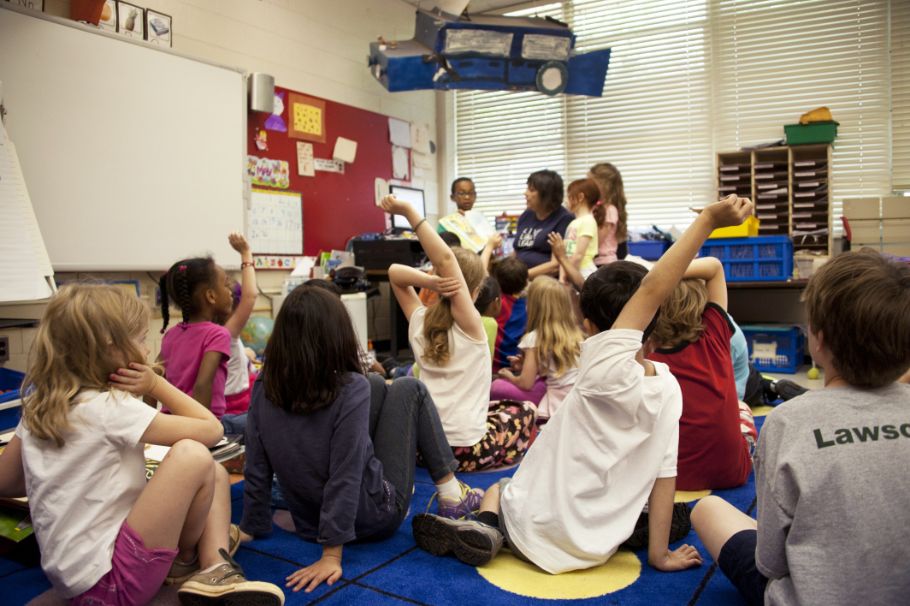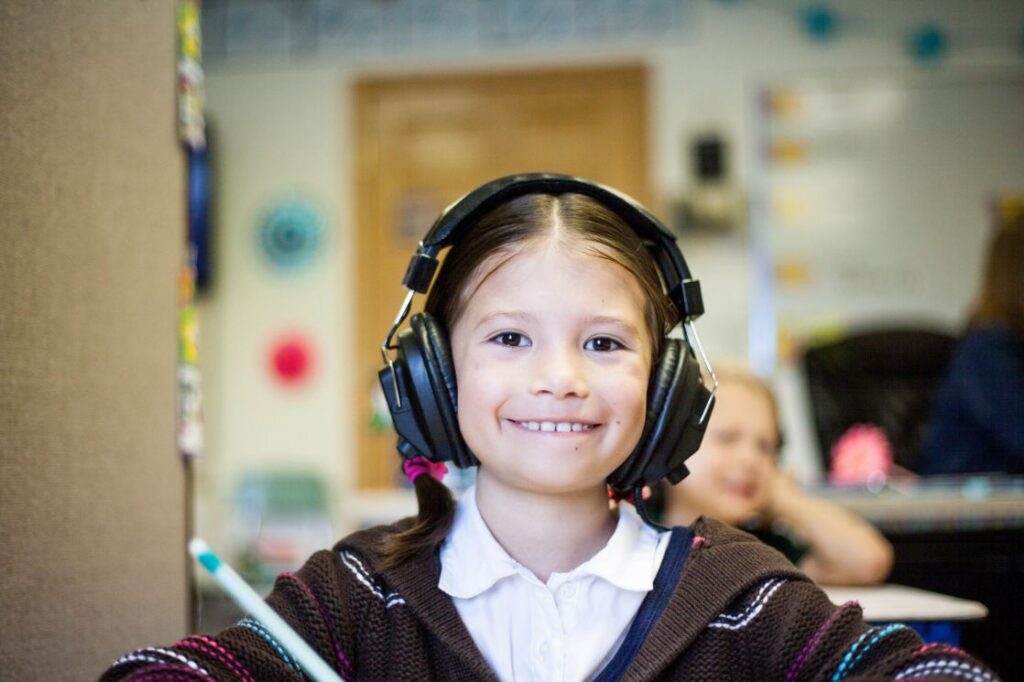Considering relocating from abroad to the UK? Here is a breakdown of when kids start primary school to assist you in navigating the application process for schools. After turning four, the majority of UK kids begin full-time school in September. They will turn 5 during their first academic year, so. To learn more about the age at which students must begin attending school, please read this article.
When Does My Child Begin Primary School In The Uk?
The majority of kids begin school full-time in September following their fourth birthday, and they turn five during their first year of school. They start out in Reception. For instance, in England, if your child’s fourth birthday falls between 1 September 2021 and 31 August 2022, they will typically begin school in September 2022.
If You Want Your Child To Start Later
As long as they are enrolled full-time in school by the time they reach “compulsory school age,” your child may begin school later if you do not believe they are prepared to do so at the regular time.
They can start:
- part-time
- part-way through the year
- in the next school year, in September after they turn 5
The same deadline for applications for school admissions will still apply to you. When you apply, you specify that your child should start later.
If Your Child Starts In September After They Turn 5
Your kid will start kindergarten. If you prefer that your child start in reception, get in touch with the local council or school. They’re not required to concur.
When Will My Child Begin Secondary School In The Uk?
In state-run schools in the UK, secondary education begins in Year 7/Secondary 1 and lasts until Year 13/S6. Years 7 and 8 may be included in a private school’s junior or prep school, and students begin senior school in Year 9 (at the age of 13).
Secondary School – Years 7 And 8

The first two years of secondary schooling in the UK are years 7 and 8. They are a part of the Junior School in some independent schools and the Senior School in others.
All students are required to take English, Math, Science, Humanities, and Modern Language as part of the UK educational system. In addition to these, each school has a list of elective courses that students can choose from, including art, music, drama, Latin, sport science, design technology, and computer science.
Some schools require seventh-graders to take the Common Entrance Examination. In November, January, and May or June, there are three exam sessions. The outcomes of the Common Entrance Exam in those schools might affect the change from Junior to Senior School (year 8 to year 9).
Secondary School – Year 9
As the majority of students move from Junior School to Senior School in Year 9, it is a crucial year in the British educational system. In addition, it provides a strong foundation for the GCSE program and serves as a gateway to all schools.
Students study English, math, sciences, humanities, and languages. Students also select a few subjects from the list of electives that each school offers.
Secondary Education – Years 10 And 11
GCSE Programme
Students prepare for the two-year GCSE (General Certificate of Secondary Education) exams during the final two years of secondary school, known as Year 10 and Year 11, beginning at age 14.
In the UK educational system, students take nine to twelve subjects during the GCSE program. Some of them are required, including English, math, two or three sciences, history and geography, and a modern language.), some are chosen by each student according to their abilities and preferences.
Students receive their GCSE Certificates at the conclusion of the two-year GCSE program, following exams on each subject they have studied.
For the further study (A-Level or IB) and university admission, the GCSE results and chosen subjects are crucial factors.
Intensive 1-Year GCSE
In Year 11, some schools provide a 1-year GCSE program for international students looking to attend school in the UK. Students who are at least 15 years old and have the necessary academic standing from their home country can enroll in these intensive, one-year courses. There are no more than 6 study-able subjects.
IGCSE
The IGCSE program (International International students are prepared for the A-Level and/or IB through the General Certificate of Secondary Education.
Between 5 and 7 subjects are studied by students, including science, math, and English. There is a list of IGCSE subjects that are offered at each school. Students receive IGCSE Certificates after finishing Year 11 and passing exams in each subject they have studied.
University Preparation – Years 12 And 13
A Level Study
When a student turns 16 years old, they can begin a two-year program in the UK that ends with A (Advanced) level exams. Students focus on three or four subjects that are typically related to the university degree they want to pursue. All universities in the UK and other institutions around the world accept the state-mandated A levels.
The students receive A-level certificates at the conclusion of Year 13 after passing their respective subject exams.
International Baccalaureate (IB)
The International Baccalaureate Diploma Program, which some independent schools offer, enables students who wish to pursue more than three to four subjects to do so.
Students take six subjects for the IB, three at a higher level (HL), and three at the standard level (SL). Each school offers a variety of courses at various study levels (HL/SL).
The IB program also includes a required Core program made up of Creativity, Activity, and Service (CAS), Extended Essay, and Theory of Knowledge (TOK).
At the conclusion of their courses, students take written exams on all of their subjects.
How Many Years Will My Child Be In School?
Although the age of 16 is the general cutoff for students to leave school, the exact requirements (based on the date of the student’s birthday) vary depending on where in the UK you live. England has a 16-year-old compulsory school age, so if you turn 16 by the end of the summer break, you can graduate on the last Friday in June.
Can My Child Repeat A Year At A UK School?
Retaking a year can be common for students in some countries, such as the US, Spain, France, and Germany, but it is extremely uncommon in the UK. However, Year 13 students will have the option to repeat their final school year if they have been seriously impacted by the virus as part of the government’s Covid-19 catch-up program for kids in England.
